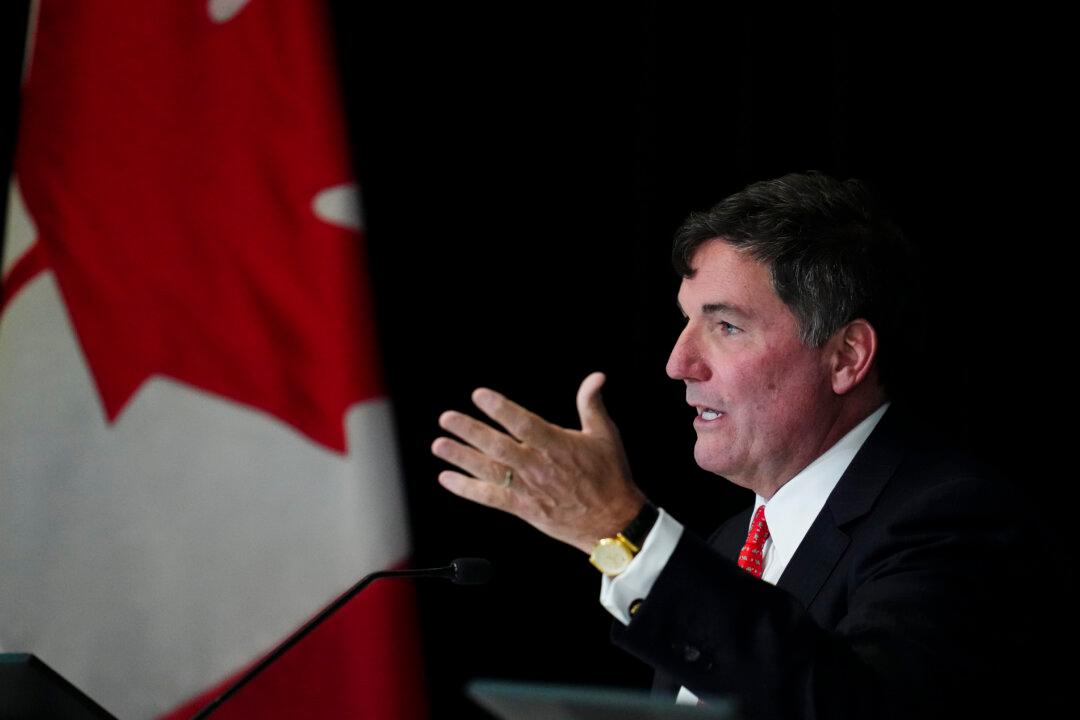Finance Minister Dominic LeBlanc has detailed the government’s new $1.3 billion plan to strengthen the Canada–U.S. border, with the creation of a new North American task force targeting organized crime and synthetic drug trafficking and 24/7 border surveillance.
LeBlanc, who was previously public safety minister and was sworn into his new role on Dec. 16, said the slew of new measures will secure the border against illegal drugs and irregular migration, with an emphasis on stopping fentanyl and its precursors.





